How UK scientists refined the catalytic converter
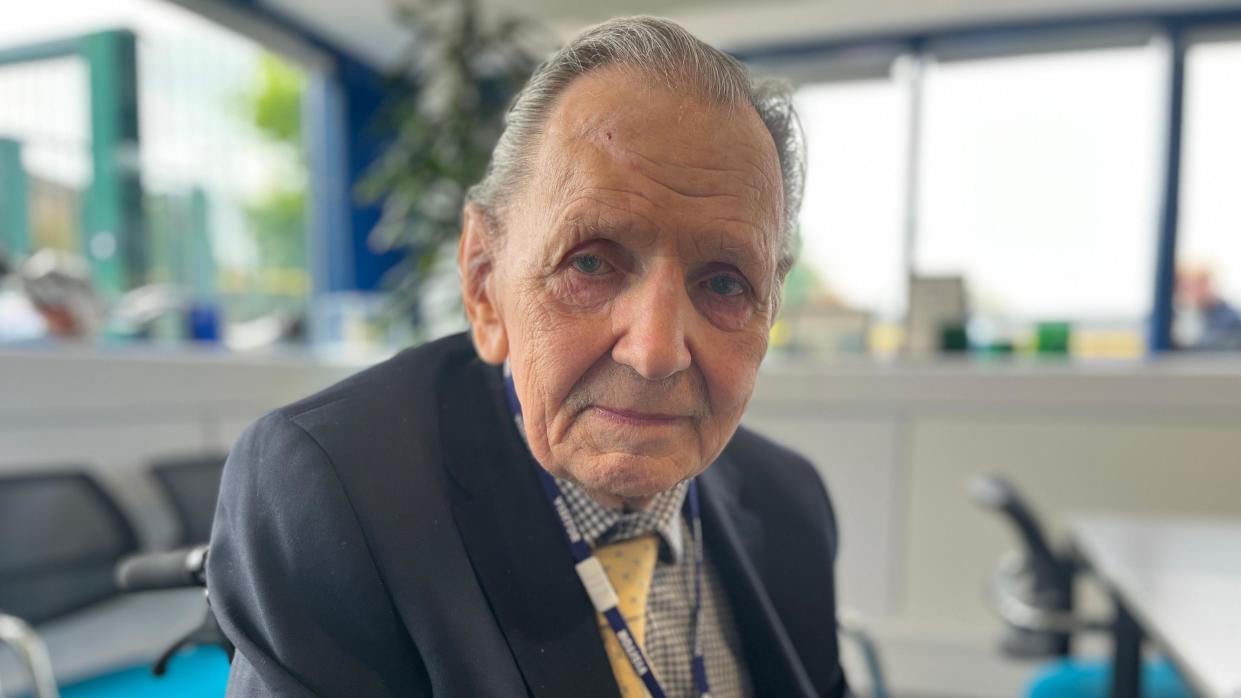
A scientist involved in the development of the catalytic converter has spoken of his pride in contributing to the world-wide reduction in smog.
The device was refined by a team of Johnson Matthey scientists, based in Royston, Hertfordshire, 50 years ago.
It converts up to 98% of the harmful fumes produced by a car engine into less harmful gases.
Former Johnson Matthey scientist Robert Searles said: "We now have blue skies in August rather than grey skies."
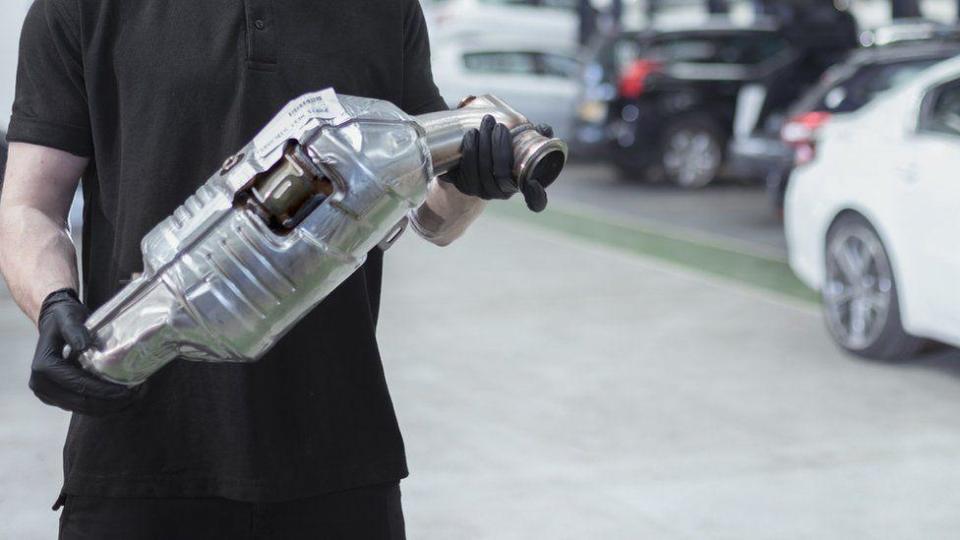
The invention of the motor car resulted in pollutant gases which caused smog to become a massive issue in many cities around the world.
Mr Searles, who began working for Johnson Matthey in the 1960s, said: "It used to be every summer people would say there's a heat haze.
"Of course it wasn't a heat haze at all, it was smog caused by motor vehicles mainly."
When the United States passed its Clean Air Act in 1970, manufacturers had to find a technological solution.
"The motor industry was quite convinced it could solve the problem of pollution by engineering and part of my job was to preach chemistry to engineers," said Mr Searles.
The catalytic converter changes harmful substances in a exhaust gases, such as carbon monoxide, nitric oxide, nitrogen dioxide and hydrocarbons, into less harmful substances like carbon dioxide and water vapour by means of chemical reactions.
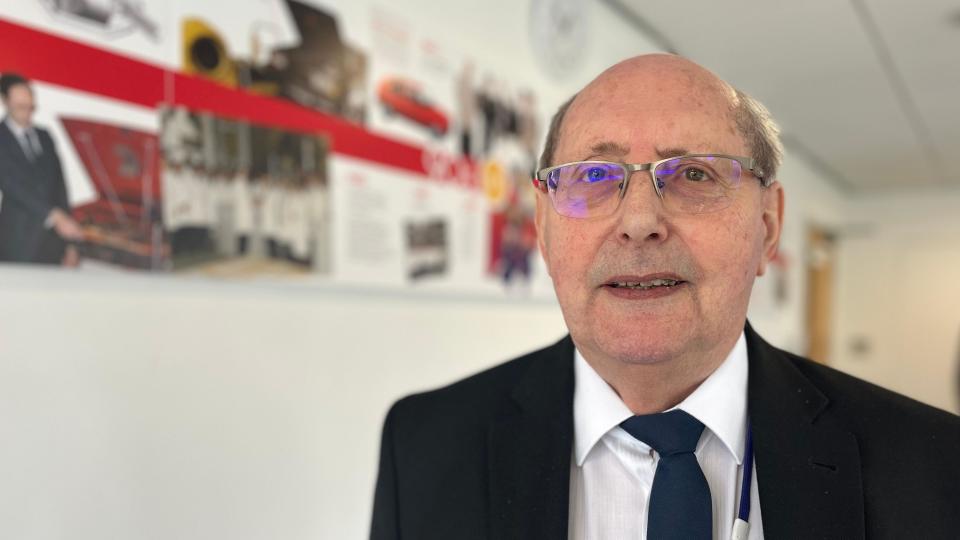
Modern catalytic converters are ceramic honeycomb structures which are coated with precious metals such as platinum, palladium and rhodium.
Dennis Webster, another former Johnson Matthey employee from the device's early years, explained that platinum was "an excellent catalytic material".
"The platinum really started working from 0 to 100% conversion in a relatively short temperature range of a few degrees," he said.
"We found that if you added some rhodium, that gave you the so-called three way catalyst - which is to remove nitrogen oxides, CO and hydrocarbons."
A history of the catalytic converter
It was invented by French scientist Eugene Houdry in about 1950, concerned about early studies of smog in Los Angeles
But until lead was eliminated from petrol, it damaged the devices
By 1975, scientists had developed unleaded gasoline and the US made catalytic converters mandatory on all new cars
In the UK, catalytic converters did not become a legal requirement until the 1990s and leaded petrol was not phased out until 2000
Source: Science of Stuff/Institute of Making
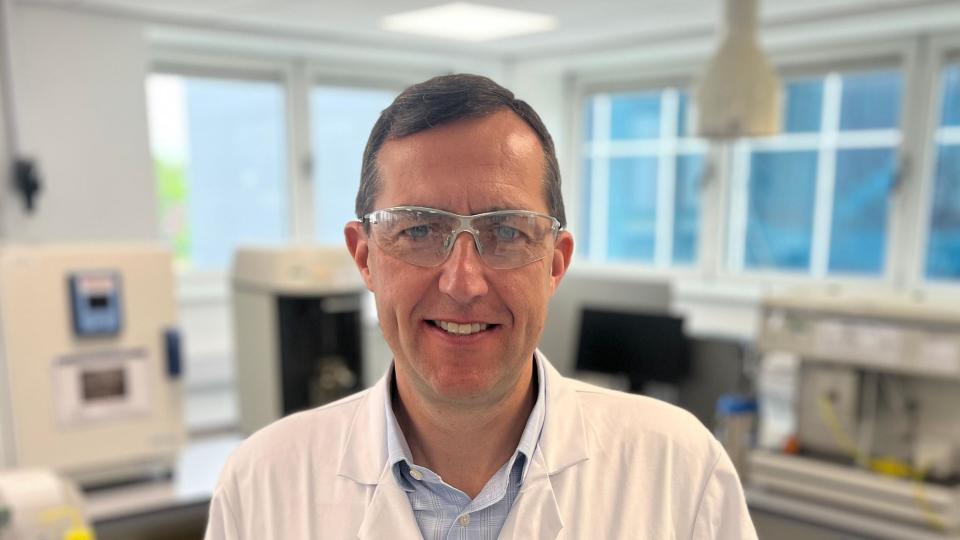
Johnson Matthey has sold 1.3 billion of the devices since it began manufacturing them in 1974. One in three internal combustion engine vehicles carries one of its emissions control catalysts.
Strategic projects director Chris Morgan, who has worked for the company for more than 27 years, said its modern devices were "very similar" to those made 50 years ago.
"What's changed over time is the emissions legislations got tighter and tighter, so you have to have better catalysts to give you higher conversion rates, often more than one on a car," he said.
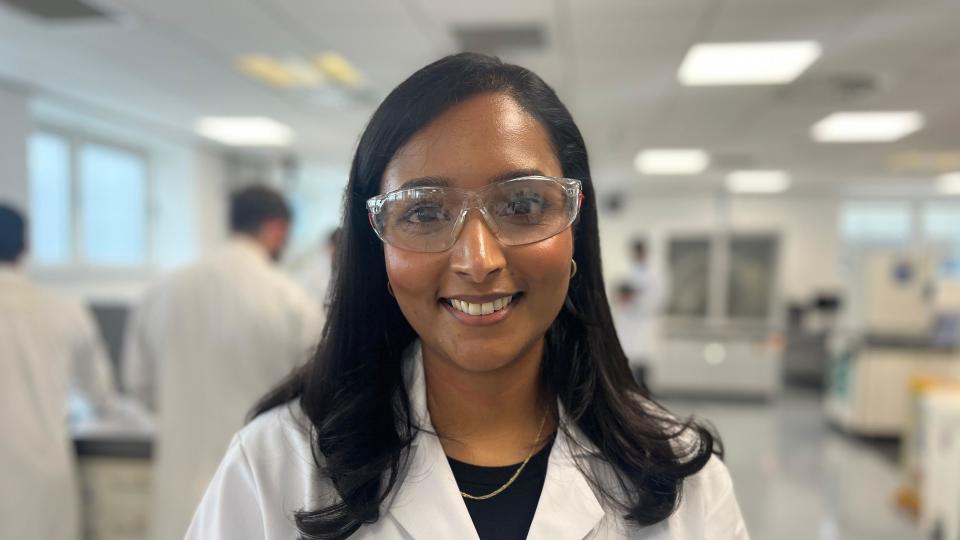
The company is also looking to the future by working on technologies like hydrogen-powered vehicles and fuel cells.
But Sabrina Elix, industrialisation lead in clean air, said catalytic converters would remain needed "as long as the internal combustion engines remain on the road".
"And that'll be a while, with heavy duty vehicles still on the road and some parts of the world being harder to move to electrification," she said.
Follow Beds, Herts and Bucks news on Facebook, Instagram and X. Got a story? Email eastofenglandnews@bbc.co.uk or WhatsApp us on 0800 169 1830

